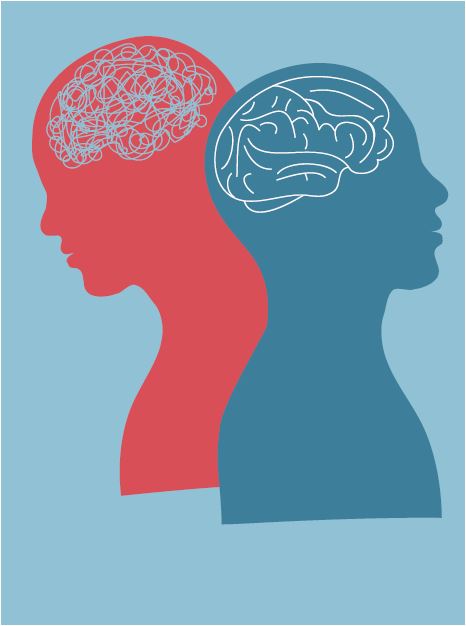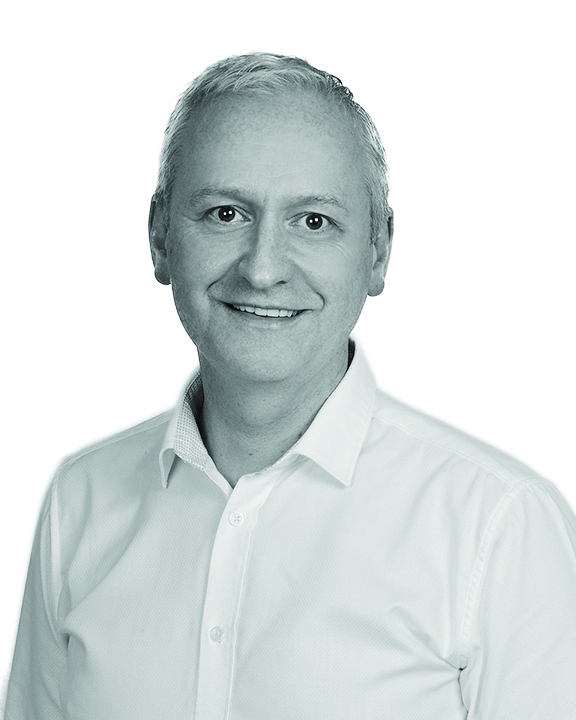Home » The power of presence

Often, our minds jump to inaccurate conclusions without seeing the full picture or switch onto automatic, so that we make incorrect assumptions about things. We can go into overdrive at the slightest trigger or get caught in loops of rumination or worry. All this can create unnecessary mental noise and clutter that over time can lead to patterns and habits of thinking that don’t serve us well.
In a busy pharmacy environment of general overload, we have more competing for our attention than ever before. Most of us have lots to do in not enough time and a never-ending source of engaging distractions all around us, from ULM’s to FMD, demanding patients to stock shortages, as well as the busyness of our personal lives, family commitments, not to mention the distraction of our smartphones.
With all this, it’s not surprising that our minds can go into overdrive and leave us feeling overwhelmed and unhappy.
If you are somewhere that you won’t be interrupted, try this simple experiment:
Most, if not all of us find our minds wandered many times, even in the space of a single minute. That’s what our minds do naturally. We don’t even need something external to stimulate all this mental activity, our minds just spontaneously wander a lot. Psychologists estimate that our minds wander almost fifty per cent of the time, regardless of what we are doing, and that we are less happy when our minds wander.
Mind wandering can cause mindlessness. Multitasking is a culprit too. Have you ever had the experience of going out to the OTC counter to get something only to find you’ve forgotten what it was? Or been in a conversation with a customer but realised you hadn’t listened to what they were saying?
Our minds can switch onto autopilot too. Have you ever made a familiar journey, like going to work, and arrived not being able to remember anything about how you got there? Or even dispensed a prescription and later been unsure as to the level of attention you paid?
Our minds very quickly identify regular patterns of action or thought, and these become habits. Habits are handy as they enable us to get regular tasks done without clogging up our conscious minds. However, they sometimes trip us up, especially when our minds are overloaded or focused elsewhere.
Habits also cause us to jump to conclusions based on a snapshot of evidence and make quick judgements about things. We then act on the basis that these assumptions are correct and may as a result overlook an important detail on a prescription. These are all examples of mindlessness, and they can be very costly in many ways in both our personal and professional lives.
Sometimes it feels we are human doings not human beings. Ask anyone how things are, and everyone will tell you how busy their lives are. This is most certainly true of pharmacy colleagues. The more stressed we are about the multitude of tasks we have to do, the more our minds wander and worry, focusing on what’s wrong with us, our lives, and the world of pharmacy. This, in turn, wears us down even more, leading to more rumination and stress. The result is we’re less able to function effectively, sometimes leading to a downward spiral. Think of a computer with lots of programmes open and running. It gradually becomes slower and slower. Likewise with our phones, the more apps we’ve got going the quicker our batteries run down. It’s the same with our minds.
This is where the practice of mindfulness helps. It enables us to disconnect from all that busyness and mental noise for a short while creating a sense of space. With that space we can step back and see more clearly what’s really going on. This greater awareness means we can make more conscious choices and better decisions. With more choices we have more control, which is essential for human wellbeing.
Mindfulness is simple but not necessarily easy and it takes practice. It doesn’t make all our problems go away, but it can help us to step off the treadmill, create a sense of calm and peace, and separate fact from the fiction our minds often create. Contrary to popular assumptions in doesn’t have to be time consuming, nor do you have to be practicing for years to see results. There are lots of apps and online resources to help with establishing a regular practice. Even a few minutes a day can provide significant benefit.
At its simplest it consists of the following three steps:
Séamus Ruane

Community Pharmacist and Positive Psychology Practitioner
Highlighted Articles